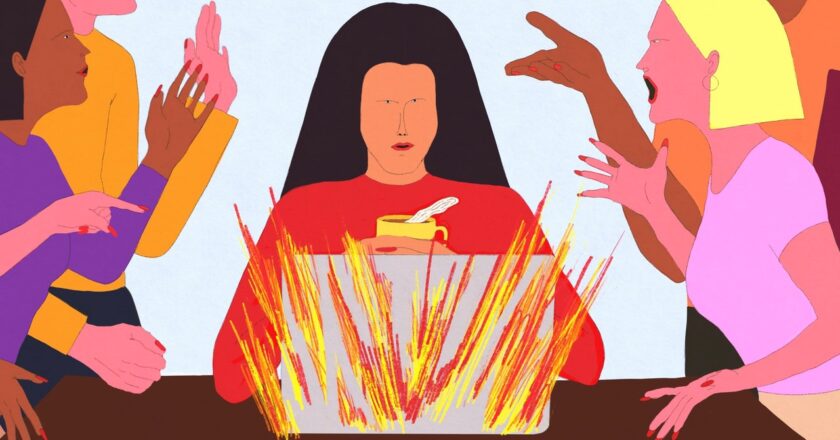Musk Says ‘Make More Italians’
William McGurn is a member of The Wall Street Journal editorial board and writes the weekly "Main Street" column for the Journal each Tuesday. Previously he served as Chief Speechwriter for President George W. Bush.Mr. McGurn has served as chief editorial writer for The Wall Street Journal in New York. He spent more than a decade overseas -- in Brussels for The Wall Street Journal/Europe and in Hong Kong with both the Asian Wall Street Journal and the Far Eastern Economic Review. And in the mid-1990s, he was Washington Bureau Chief for National Review.Bill is author of a book on Hong Kong ("Perfidious Albion") and a monograph on terrorism ("Terrorist or Freedom Fighter"). He is a member of the Council on Foreign Relations, holds a BA in philosophy from Notre Dame and an MS in Communicatio...


